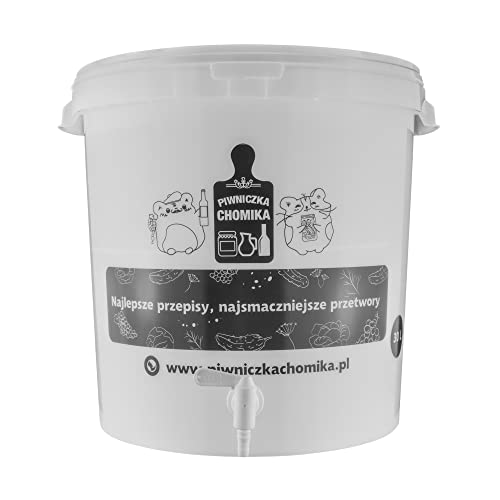Kentish Mike
Active Member
Hi All,
So I have been considering making the switch to milling my own malt for a while, and as luck would have it, my wife recently brought up the idea of milling her own flour for bread baking.
Obviously I'm now wondering if I could be fortunate enough to please both her and myself with one purchase!
Does anyone know if their malt mill can be set fine enough for both jobs?
I would be pretty ecstatic if I can pull this one off
Cheers,
Mike
So I have been considering making the switch to milling my own malt for a while, and as luck would have it, my wife recently brought up the idea of milling her own flour for bread baking.
Obviously I'm now wondering if I could be fortunate enough to please both her and myself with one purchase!
Does anyone know if their malt mill can be set fine enough for both jobs?
I would be pretty ecstatic if I can pull this one off
Cheers,
Mike



























![BREWING THERMOMETER STICKERS ACCURATELY MONITOR FERMENTING BEER & WINE LIQUID TEMPERATURES 5PCS HOME BREW SPIRITS WINE LCD ADHESIVE [US]](https://m.media-amazon.com/images/I/311DDjo2X3L._SL500_.jpg)












